The Scant Science Behind Cambridge Analytica's Marketing Techniques
The Scant Science Behind Cambridge Analytica's Marketing Techniques
Nature peers into the evidence for ‘psychographic targeting’.
Send us a link
Nature peers into the evidence for ‘psychographic targeting’.
The privacy backlash over Cambridge Analytica and Facebook may lead to explosive consequences for academics.

The website Levers in Heels, which features African women in STEM, in January called on the internet to tweet the names of African women scientists. People shared hundreds.

For most of history, the easiest way to block the spread of an idea was to keep it from being mechanically disseminated. In today’s networked environment, it would seem that censorship ought to be impossible. This should be the golden age of free speech.
PhD candidate Samantha Yammine is trying to break the stereotype that Scientists are cold, boring and out of touch with the hashtag #ScientistsWhoSelfie.
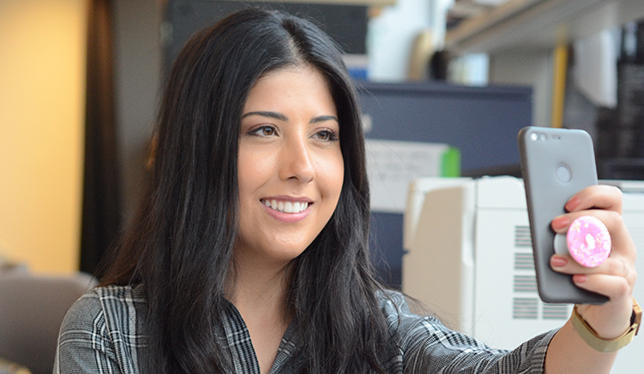
Social media gets all the attention for polarization, but TV is doing more than its share.

Last week another nonprofit platform called ScholarlyHub announced its plans for a site where researchers can also exchange ideas and work—if they pay a subscription fee.

I doubt that twitter has made my academic papers directly more impactful, but does that stop me tweeting about my group’s work? No way.

Enthusiasm for using Twitter as a source of data in the social sciences extends to measuring the impact of research with Twitter data being a key component in the new altmetrics approach.
U.S. adults see scientists as intelligent, but not always warm. This is a problem because people's perceptions of scientists' warmth influence their trust in scientific information. Could scientists be improving trust via social media?
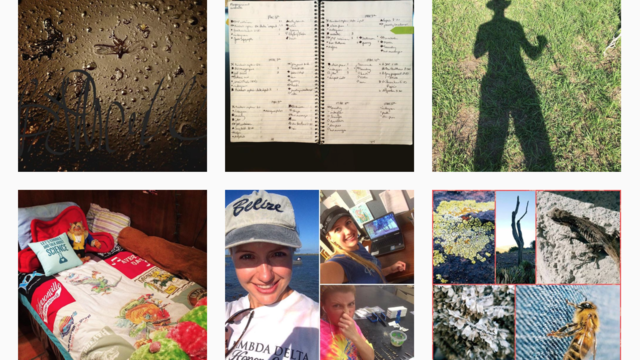
Social media is not only a way for authors and publishers to disseminate research findings, it’s also increasingly being used by researchers to discover and read scientific content.
Is it reasonable to employ the ResearchGate Score as evidence of scholarly reputation?
A list of people to follow on the preprints subject.
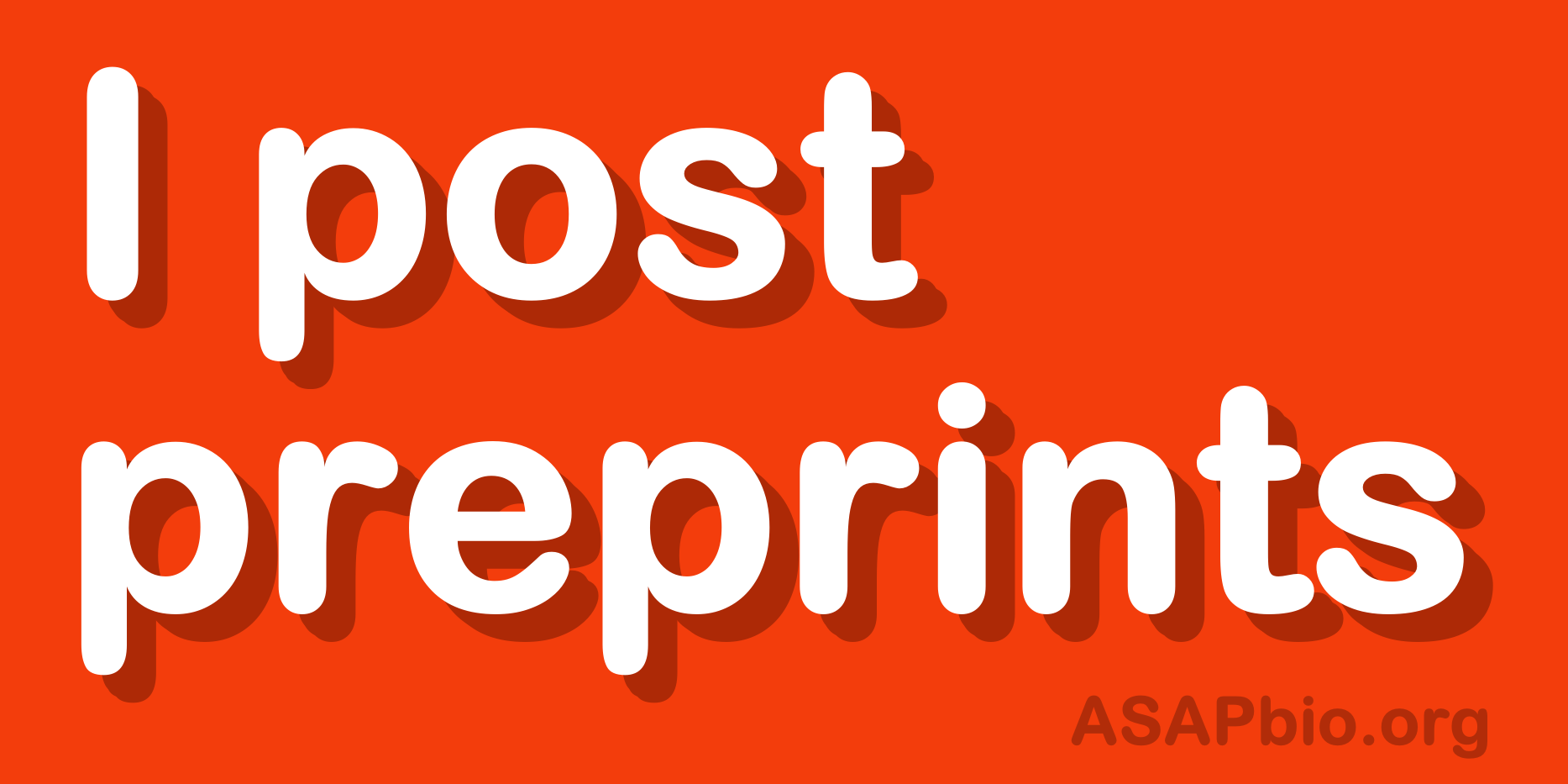
ResearchGate and similar services represent a “gamification” of research, drawing on features usually associated with online games, like rewards, rankings and levels.
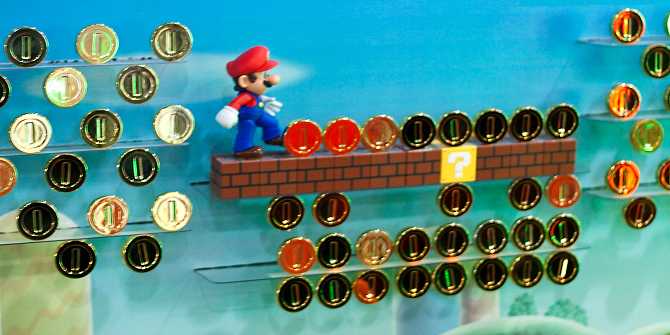
Remember the Kardashian index? That was Neil Hall's 2014 tongue-in-cheek(ish) dig at science Twitter and "Science Kardashians" - scientists with a high Twitter-follower-to-citation ratio.
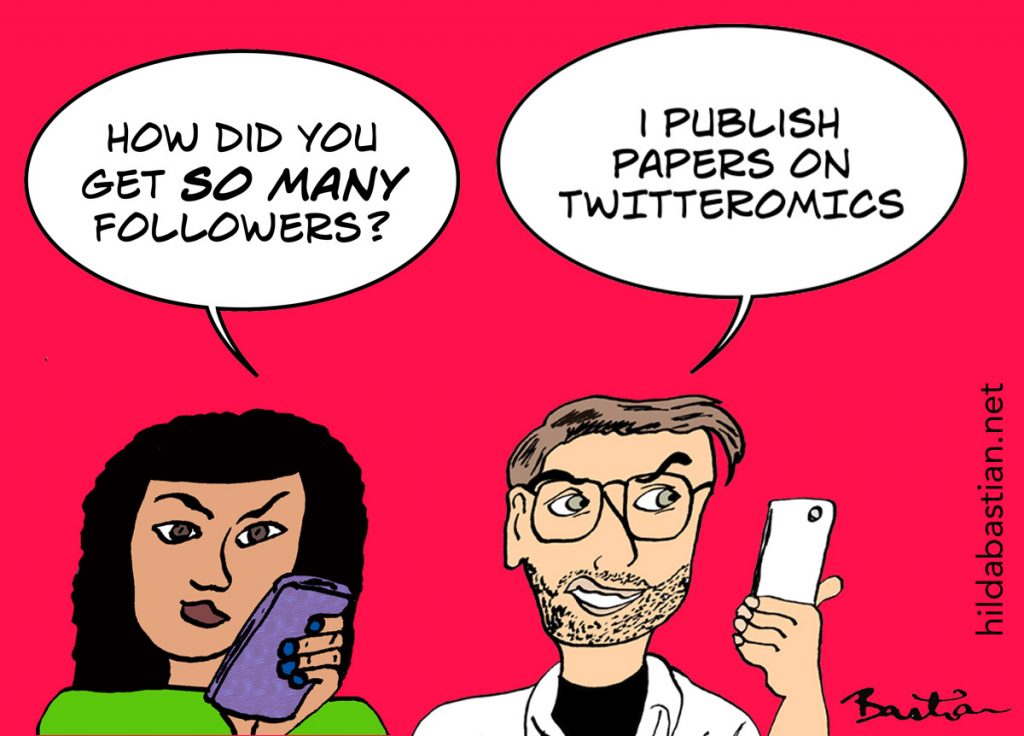
3 basic issues inherent in using tweets for research evaluation: whose tweets can be used to assess a paper, what objects can be evaluated, and how to score the paper according to each tweet.

Analysis reveals that female researchers are over-represented on the social-media site and that mathematicians and life scientists are less likely to use it.

A systematic approach to identifying and analyzing scientists on Twitter.
A new survey provides an updated view of how and why researchers are using scholarly collaboration networks.

The good news is you’ve published your manuscript! The bad news? With two million other new research articles likely to be published this year, you face steep competition for readers, downloads, citations and media attention.
Goldman Sachs, the Wellcome Trust, and Bill Gates all put money into the Berlin company, which has over 12 million scientists on its platform.

As LinkedIn continues to reign as the world’s largest social network for the wider working world, we are seeing the rise of alternatives that are besting and beating it in specific verticals.

Social media platforms such as Twitter can be effectively used for connecting with scientific communities across the globe, facilitating knowledge exchange.
What Might Have Been Learnt From Discogs and IMDB
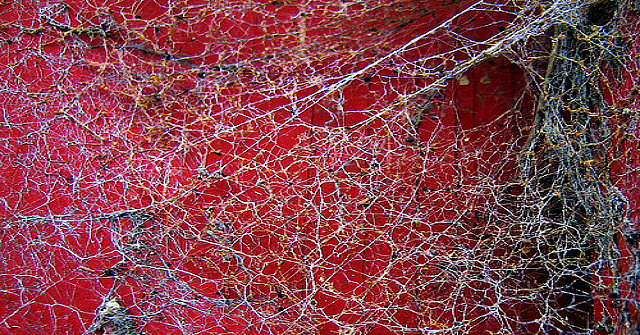
As privatized platforms like Academia.edu look to monetize scholarly writing even further, researchers, scientists and academics across the globe must now consider alternatives to proprietary companies that aim to profit from our writing and offer little transparency as to how our work will be used in the future.
Despite frequent claims to the contrary, social media tools such as Twitter can be incredibly valuable for scholars.
A survey of 2,955 readers of 40 randomly selected science blogs.
Sick of relying on commercial platforms for academic sharing? Humanities Commons, SocArXiv, and the Center for Open Science to the rescue!
What academic research caught the public imagination in 2016?

A collection of Twitter hashtags about science communication to facilitate engagement with academics and professionals on Twitter.